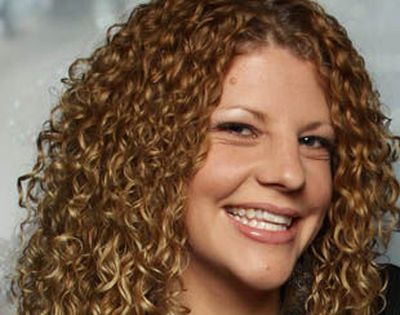Faith and Values: Institutional racism thrives due to silence, complicity

I am the person who stood and watched George Floyd being murdered and did nothing. It’s easy to watch the scene and blame others for not intervening, for not standing up for justice, but I realize I too am just as guilty for remaining silent.
I am silent in the face of such pervasive and systemic racial injustice apparent around me every single day. How can I point my finger in disbelief saying, “How could they watch that suffering and do nothing?” when I too stand by as entrenched systems of injustice hold people victimized everywhere I turn. I see that level of suffering in all of our systems – I’d have to be blind not to – and I do nothing.
It doesn’t take a knee on a neck to suffocate people from their basic human rights. We have many “knees” holding people of color down that I don’t protest. Unequal school systems, legal processes, hiring practices. The list goes on and on. Sure I think it’s not right, but have I ever done anything of substance to intervene? No, I have to admit I just watch in shame, in grief, in hopelessness.
But how can I continue to be a bystander in systems of our own making? Implicit equals complicit. I can’t hide in the comfort of ignorance. It’s choosing to look away. It’s choosing to be silent.
I often admire the people of history who stood up and risked their own lives, who sacrificed their own privilege, who continued to hope and try when all seemed hopeless. But I realize history will ask all of us, “What did you do in the face of racism?” There is no option to sit this out. I am a character in this story, and I either participate implicitly or explicitly in racism or I actively work to diminish it, in myself and my environment. There is no in-between.
I can’t just sit back and chastise “those racist people” while I enjoy the privilege I was born with and continue to benefit from. I live and breathe in an unjust, unequal society – there is no denying it. Or perhaps that’s why it’s hard to face the horrendous weight of that truth. The responsibility feels almost too much to bear. But it is only the privileged who can choose not to feel pain, to choose not to feel uncomfortable.
And the scale doesn’t tip unless comfortable people are willing to be uncomfortable and eventually come to see that the comfort of privilege comes at the cost of others.
Yes, it’s painful, acknowledging the hard truth of racism. And the rampant racism we have currently feels much worse and harder to eradicate than the racism of the previous century. It seems analogous to cutting off the hair of Medusa only to have it return in a million tiny, slippery ways that are much harder to pin down, much harder to fight.
Implicit bias, entrenched systems of inequality and microaggressions are so much harder to call out, to tackle. And it’s even worse when so many claim the monster is dead. No, it lives within each of us and will continue to do so until we have the courage to look in the mirror and take our blinders off.
We must acknowledge that racism isn’t about individual people choosing to be racist. It’s about all of us who participate and remain silent.
Christi Ortiz is a licensed marriage and family therapist by profession and a poet by passion.